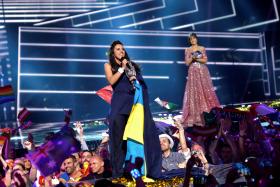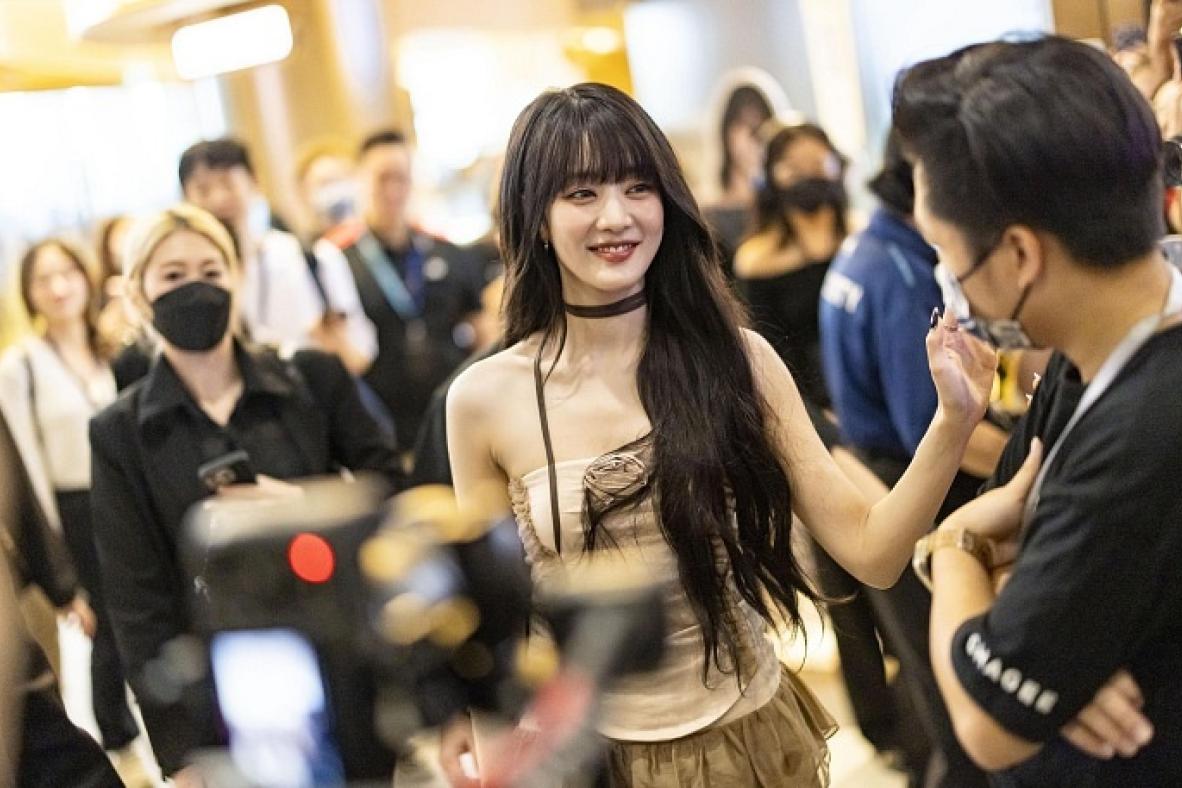The weird world of Eurovision
It's weird, it's eccentric and it's one of the most-watched televised events in the world. While it happened on Saturday, the aftermath is still being felt...
Every year, millions worldwide watch the annual Eurovision Song Contest. A unique event where countries come together to vote for who has the best original song, in theory. In some cases it has been a much more politically driven affair. Yet despite the large viewing figures, few would say it is an event of quality.
THE HISTORY
It began in 1955 as an experiment by the European Broadcasting Union (EBU) to show off a simultaneous live broadcast across Europe. This was quite a feat at the time given there was no satellite TV was yet to be invented.
Yet it worked and has been televised every year since, constantly growing.
Originally just seven countries were involved. This year, 43 took part. And eligibility is not just confined to Europe. Morocco, Israel and most recently Australia have been allowed to compete.
This year was Eurovision's 61st, and it now has an audience of at least 200 million viewers.
Held last Saturday (May 14) in Sweden, Ukraine won with 1944 by 32-year-old singer Jamala.

Ukrainian singer Jamala celebrates her country's victory. PHOTO: AFP
Each winner becomes the host nation the following year, and that is not cheap. UK daily The Telegraph reported that the last four host cities spent a combined S$255 million to put on the show.
There have even been rumour that some countries deliberately field deliberately poor songs to avoid the chance of winning and of having to spend.
THE GOOD
Similar to American Idol and The Voice, Eurovision has had many winners who soon sink into anonymity.
But there is one act often cited to justify the contest's merits.
Swedish group ABBA became the most successful Eurovision winners after coming top in 1974 with Waterloo. They went on to spawn platinum records, award-winning musicals, tribute acts and movies.

Swedish group ABBA is Eurovision's most successful contest winner. PHOTO: GIVEN SLIDE
The contest has also spawned a non-vocal success. Riverdance, the modern spectacle of Irish music and dance, originated as an interval performance in 1994.
It was developed into a stage show and has since visited 450 countries, and been seen by more than 25 million people.

Irish music and dance extravaganza Riverdance has performed in Singapore twice, in 2010, and earlier on in 2000. PHOTO: STRAITS TIMES / DESMOND FOO
Ireland are also the Eurovision champs with seven wins.
This year, Eurovision made its biggest play toward the global market as Justin Timberlake became the first international superstar to perform during the interval.
THE CONTROVERSIAL
For a contest that is ostensibly about harmony and nice if bland music, some performers stand out.
In 2006, Finnish band Lordi were the first costumed heavy metal outfit to make the finals and Iceland's 1997 entry was criticised for have leather-clad BDSM dancers.
In 1998, the first openly transgender contestant Dana International took home the crown for Israel. This did not go well back home and sparked protests and death threats.
In 2014, Austria made headlines when "bearded" drag act Conchita Wurst won.
But there had been complaints from other countries calling Wurst a corruptive influence, and asking for her to be cut from the broadcast.
But the contest loves its own and brought Dana and Conchita together to perform a duet for last year's interval show.
There is no escape from the politics.
Some countries will not award points to other countries regardless of song quality.
Some songs are more politically tinged. The lyrics to Ukraine's entry this year, 1944, referenced the deportation of Crimean Tatars in the 1940s by Joseph Stalin.
Rules prohibit songs that could be interpreted as having "political content".
However, organiser EBU, posted on Twitter that "the title & lyrics of the song (didn't) contain political speech and (didn't) breach Eurovision Rules."
The case was different for Georgia back in 2009, whose We Don't Wanna Put In was disqualified as it took a jab at Vladimir Putin, Russia's then Prime Minister. It was deemed "too political" since Georgia had been at war with Russia only the year before.
THE CONTEST
Traditionally, each country would have a jury that would allocate songs a score - 12, 10, 8, 7, 6, 5, 4, 3, 2 and 1 - 12 being the best.
And yet some countries managed "nul points" - a zero score.
In 2003, Cry Baby by UK act Jemini became the first English-language entry to receive no points at all.
Last year, Austria became the first host nation to finish with point free.
This year, a new ranking-based voting system was implemented to create more suspense for viewers.
Points awarded from public votes were calculated beforehand, and added to the jury vote.
The new system proved confusing for many, especially one Danish jury member who ended up giving her favourite song the least points.
THE CHEESE
While it is a big event - bets are placed, viewing parties and drinking games are held - the Eurovision is not held up as a benchmark of quality.
Indeed, much of the BBC's coverage, now helmed by chat-show host Graham Norton, actively pokes fun at the event and the acts.
Few of the songs - limited to no more than three minutes in length - become hits. But the Eurovision style has been lampooned mercilessly through the years.
Some songs are nonsensical, the stage outfits unintentionally hilarious.
And then each act has a traditionally awkward introduction video before performing.
The contest is often held as the epitome of being "so bad it's good".
Get The New Paper on your phone with the free TNP app. Download from the Apple App Store or Google Play Store now


